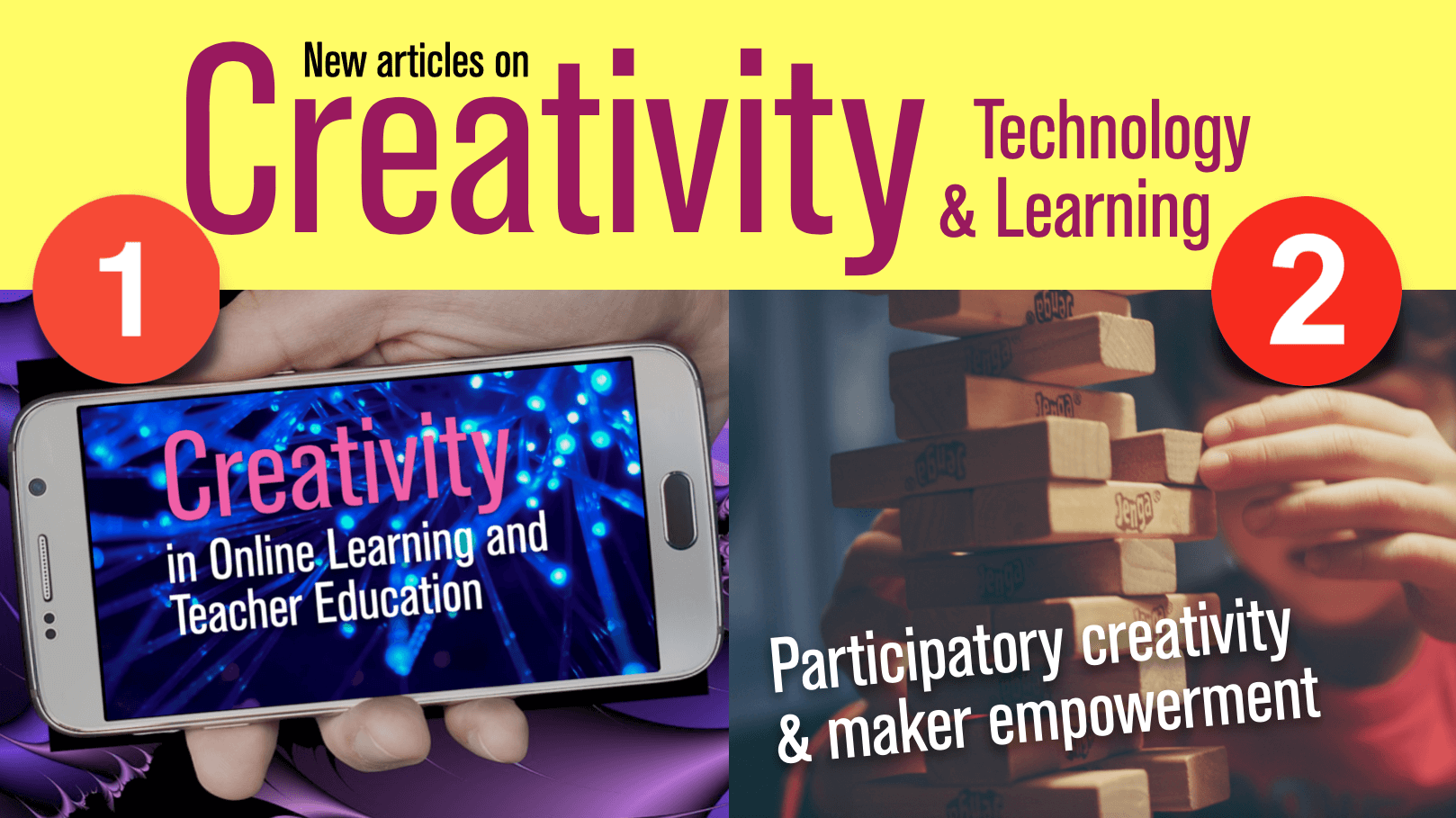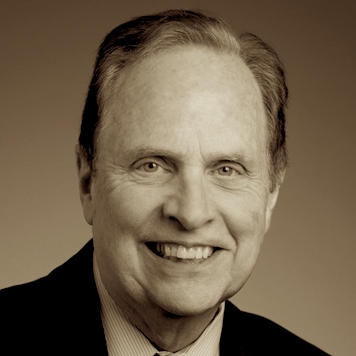The Institute of Education, University of London is organizing a series of seminars on New forms of doctorate i.e. the manner in which multimodality and e-learning are influencing the nature and format of doctoral theses in Education and the social sciences.
This is a topic of great interest to me and I spent a bit of time browsing through some of these presentations. There is a lot to learn here. One thing that stood out for me is just how influenced by technology and cultural/historical context the Ph.D. thesis / dissertation really is. Several of the presentations, make this point. In fact, the entire symposium series is predicated on some version of this idea.
One presentation that really stood out for me, particularly given some of the discussions that are going on in my department is by Prof. Carol Costley Institute for Work Based Learning, Middlesex University.. Below is a brief description of her presentation followed by a copy of her slides (sadly there is no audio track).
On the distinction (if any) between doctorates which are research qualifications and those which are qualifications in advanced practice.
Since the early 1990’s work based learning (WBL) has been developing in UK universities within subject disciplines and also outside disciplinary frameworks as a field of study in it own right. Both forms of WBL (as a mode of study and as a field of study), have developed pedagogies that have moved away from more traditional approaches. In some part this can be attributed to the mature adult community who are attracted to part-time courses that incorporate study into their work rather than a learning experience unrelated to working life. However, the developing pedagogies also relate to a wider, more transdisciplinary reflection of a knowledge-based society.Following the successful institution of WBL ‘taught’ degrees at Bachelor and Master levels the natural progression was to introduce work-based doctorates. Professional doctorates had already started to increase in the UK and in the late 1990’s the Doctorate in Professional Studies sometimes called Professional Practice (DProf. sometimes called Prof D.) was introduced. The DProf is aimed at the actual work activities and circumstances of people engaged in high-level professional practice. Candidates already have considerable expertise in their work and their work-based research and development projects are likely to draw upon knowledge from a range of fields and also on tacit and professional knowledge. The Candidates’ situatedness outside the academic sphere brings about a balance of activity, focus and control between the academic and the professional environments.
Drawing mainly on the DProf., the presentation explores how postgraduate WBL works in higher education and there is some consideration of its academic underpinning (Costley and Stephenson 2008). There is discussion concerning generic assessment criteria; the structure of the doctoral programme; the kinds of research and development projects undertaken by the candidates; and the learning and teaching processes which are ‘essentially concerned with the individual and their own practice’ (Scott et al 2004).





0 Comments